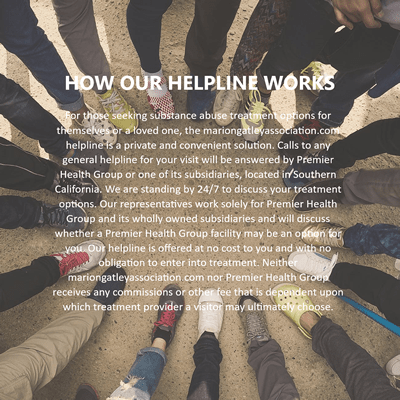People suffering from alcohol or other drug addiction often struggle with emotional self-regulation, which encompasses a person’s ability to recognize and modify their emotional state. A critical skill in times of trouble, emotional self-regulation allows people to think through their behaviors and their consequences before acting. Many drug rehab centers help clients to develop self-regulation to deal with the crises of life as they occur.
What does self-regulation look like? There are several steps involved. First, a person recognizes that they are having a strong emotional response, whether anger, fear, or sadness. Next, they interpret that response and accept it without being afraid of the response. They enact coping mechanisms to help mitigate the strength of the response, and regulate their impulsive desires so that they maintain self-control. Throughout this process, the person holds control over their actions, allows themselves space to breathe, and finds a healthy way to redirect their emotions. If this sounds like a far-fetched or difficult process, that’s because emotional regulation is a skill that is learned, not innate. Children who grow up in chaotic households or who suffered trauma might never learn to self-regulate. Unfortunately, these people have a higher risk of developing an addiction.
Numerous studies have made a connection between poor emotional self-regulation and substance use disorders. Researchers believe that poor self-regulation goes hand-in-hand with the self-medication theory of addiction. The theory goes that a person who suffers from emotional or physical pain turns to drugs as a warped version of self-regulation. For example, a person with anxiety who can’t self-regulate might use weed to calm down, using marijuana as a proxy for self-regulation. As the addiction progresses, self-regulation declines and eventually collapses, until the person cannot effectively self-regulate on their own, and must use drugs. Fortunately, addiction treatment centers teach clients how to self-regulate, giving them the tools to address and adapt to the changing environment. Clients utilize methods such as cognitive behavioral therapy, dialectical behavioral therapy, and mindfulness meditation to learn self-regulation.
Self-regulation is closely tied to relapse; people are more likely to relapse when they have poor self-regulation or have depleted their store of self-regulation. Like self-control, self-regulation is a limited resource, which means that people can drain their capacity for self-regulation throughout the day. If someone in recovery experiences a strong emotion, but doesn’t have the necessary self-regulation to respond to that emotion, they’re more likely to relapse. Addiction recovery centers focus on helping clients develop, train, and maintain self-regulation to help them resist relapse and move forward with confidence.
If you or a loved one is struggling with addiction, please call or email Intervention Drug Rehab Association to learn about our luxury drug rehab program where clients recover in peace and privacy. Our experienced and caring staff are trained to treat dual diagnosis and provide clients with safe, supervised detoxification. During treatment, clients learn self-regulation strategies and participate in individual and group counseling sessions. Please contact us today to begin laying a strong foundation for sustained sobriety and long-term wellness.



